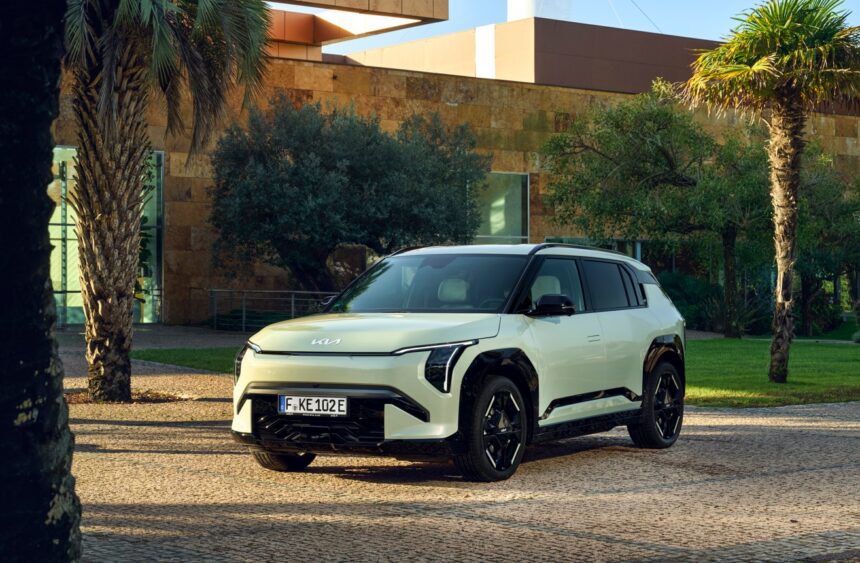The South Korean automotive market experienced a decline in domestic sales in November 2024, with the country’s five main automakers reporting a decrease of over 6% compared to the same period last year. This downward trend was attributed to sluggish demand from consumers facing financial challenges. To stimulate private consumption, the central bank cut its benchmark interest rate for the second consecutive month to 3.0%.
The overall domestic vehicle sales for the first eleven months of the year also saw a decline of over 7%, with major brands such as Hyundai, Kia, GM Korea, KG Mobility, and Renault Korea reporting decreases in sales. The only exception was Renault Korea, which reported a sales increase of 37% due to the launch of the new Grand Koleos SUV.
On a global scale, the “big-five” automakers, including Hyundai and Kia, saw a slight decline of 1% in sales for the first eleven months of the year. Hyundai’s global sales fell by almost 4% in November, with a focus on increasing sales of battery electric vehicles (BEVs) and introducing new models like the Ioniq 5. Kia, on the other hand, experienced a slight increase in global sales, driven by overseas deliveries.
GM Korea reported a 5% increase in global sales in November, despite a sharp decline in domestic sales. The company has faced strong competition in the market and has implemented promotional campaigns to boost sales. KG Mobility, formerly known as Ssangyong Motor, reported a rebound in global sales, with a strategic partnership with China’s Chery Automobile Company to strengthen its SUV line-up.
Renault Korea also experienced a surge in global sales, mainly driven by the launch of the new Grand Koleos hybrid SUV. The company is focusing on overhauling its product range with a strong emphasis on SUVs, BEVs, and hybrid vehicles. Overall, the South Korean automotive industry is adapting to market challenges and exploring new opportunities in the evolving global automotive landscape.







